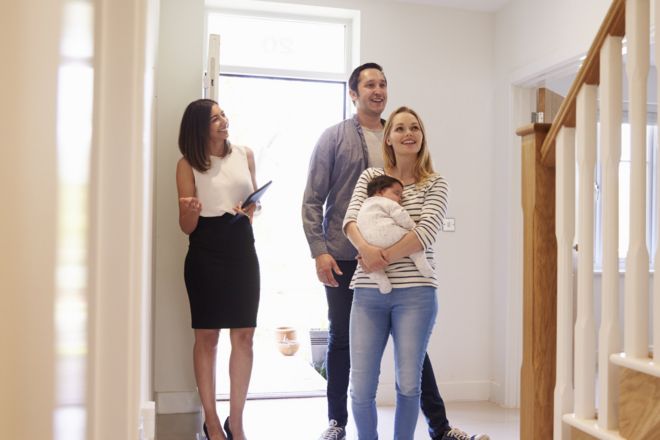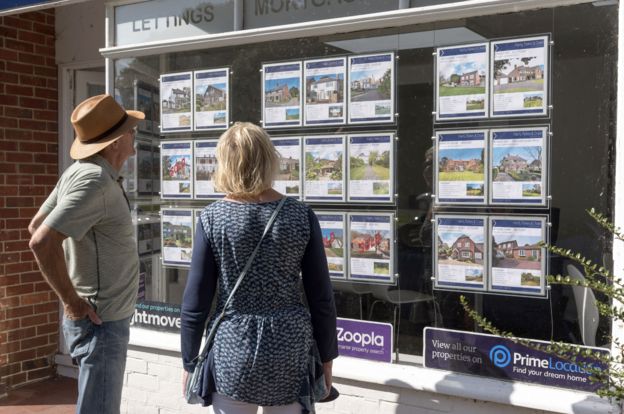The chancellor is likely to announce changes to stamp duty on Wednesday to help cut costs for anyone buying a home.
Reports suggest that the level at which the tax is charged could be temporarily raised to £500,000 to boost the property market and help buyers struggling because of the coronavirus crisis.

What is stamp duty?
Stamp duty is a tax paid by people buying properties, although it varies slightly across the UK.
In England and Northern Ireland buyers pay Stamp Duty Land Tax.
In Scotland it is Land and Buildings Transaction Tax, while in Wales buyers pay Land Transaction Tax.
The amount handed to the government depends on where you are in the UK, the price of the property and whether you’re a first-time buyer.
The expected changes to stamp duty will only apply to buyers in England and Northern Ireland.
Who pays stamp duty and how much?
In England and Northern Ireland stamp duty is paid on land or property sold for £125,000 or more.
However, first-time buyers pay no tax up to £300,000 and 5% on any portion between £300,000 and £500,000.
For people who have bought a home before, stamp duty rates are 2% on £125,001-£250,000, 5% on £250,001-£925,000, 10% on £925,001-£1.5m, and 12% on any value above £1.5m.
That means someone spending £248,000 – the average cost of a house – would currently pay £2,460 in stamp duty to move home.
Landlords pay an extra 3% of stamp duty when they purchase a buy-to-let property.
In Scotland and Wales, the rates are slightly different.

What could change?
There is speculation that the government could increase the lower stamp duty threshold to either £300,000 for all buyers, or as high as £500,000.
That means any property purchases below the new level would not need to pay stamp duty.
The move would help buyers who have taken a financial hit because of the coronavirus crisis.
It is also aimed to boost a property market hit by lockdown. According to the Halifax, house prices have fallen for four months in a row.
When will the stamp duty holiday happen?
It is likely to be announced on Wednesday in the chancellor’s summer statement.
The increase will probably be temporary, though, perhaps lasting six months, which the government feels is long enough to help revive the flagging property market.
However, rumours that it may not begin until October, at the time of the autumn Budget, prompted critics to warn it could encourage people to delay their plans for buying a home, extending the current property market blues for another three months.
It could also encourage people planning to buy next year to accelerate their plans to take advantage of the tax break, leading to a potential property demand slump when the stamp duty holiday is over.


